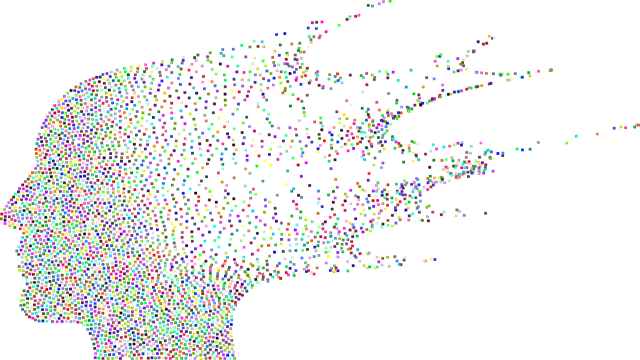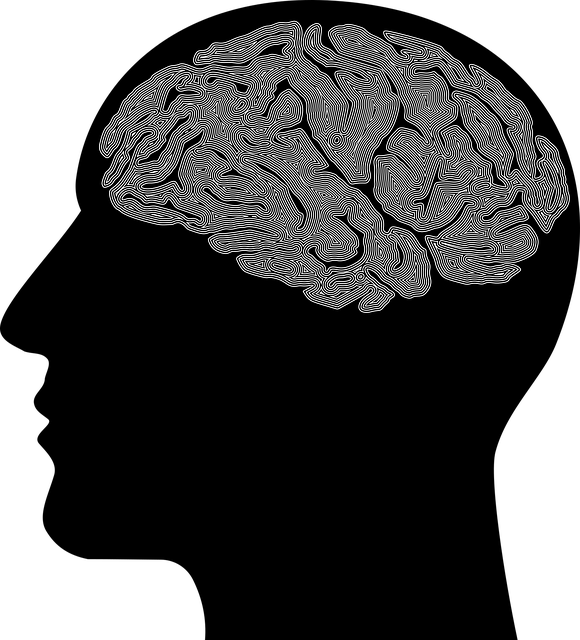Aurora Neuro Disorders Therapy prioritizes mental wellness through effective support, emphasizing journaling as a powerful tool for self-reflection and healing. Mental wellness journaling, encouraged by experts at Aurora, involves documenting thoughts and emotions to gain insights, promote coping strategies, reduce stigma, and enhance overall well-being. Tailored written expression exercises guide individuals in processing trauma, building resilience, and improving emotional regulation, making it an integral part of their therapeutic approach.
Mental wellness journaling is a powerful self-care practice that can significantly impact your overall well-being. In this guide, we explore the benefits of incorporating journaling into your routine, especially with evidence-based practices like Aurora Neuro Disorders Therapy. We delve into how expressive writing enhances self-reflection, allowing you to understand and manage your mental health. From setting up a dedicated space to using specific prompts, discover techniques to unlock your journal’s therapeutic potential.
- Understanding Mental Wellness and Its Impact
- The Power of Journaling for Self-Reflection
- Creating a Therapeutic Journaling Routine with Aurora Neuro Disorders Therapy
- Techniques and Prompts for Effective Journaling Exercises
Understanding Mental Wellness and Its Impact

Understanding mental wellness is paramount in today’s fast-paced world, where stress and anxiety can easily become overwhelming. Mental illness affects millions of individuals, impacting their daily lives, relationships, and overall well-being. At Aurora Neuro Disorders Therapy, we recognize the profound impact these conditions can have and are dedicated to providing effective support through various therapeutic approaches.
Mental wellness journaling exercises offer a powerful tool for self-reflection and healing. By documenting thoughts, emotions, and experiences on paper, individuals can gain valuable insights into their mental states, identify patterns, and begin to unravel the complexities of their struggles. This process fosters awareness, promotes coping strategies, and ultimately contributes to Anxiety Relief while also playing a crucial role in Mental Illness Stigma Reduction Efforts by encouraging self-acceptance and understanding.
The Power of Journaling for Self-Reflection

Journaling is a powerful tool for self-reflection and personal growth, offering individuals a chance to explore their thoughts and emotions in a safe, private space. This practice, often recommended by Aurora Neuro Disorders Therapy experts, allows one to gain profound insights into their mental state and foster better emotional well-being. By putting pen to paper, or fingers to keyboard, individuals can engage in a form of introspection that encourages them to confront and process their feelings, experiences, and even challenging life events.
Through regular journaling exercises, resilience building becomes more accessible as one learns to navigate and manage their mental health effectively. It provides an opportunity for self-care routine development by promoting emotional well-being promotion techniques. By documenting one’s journey, individuals can trace their progress, identify patterns, and develop a deeper understanding of themselves, ultimately leading to enhanced mental wellness.
Creating a Therapeutic Journaling Routine with Aurora Neuro Disorders Therapy

Establishing a consistent journaling practice can be a powerful tool for personal growth and healing, especially when guided by professionals like Aurora Neuro Disorders Therapy. This therapeutic approach encourages individuals to explore their thoughts and emotions through written expression. By dedicating time each day or week to journal, one can develop a deeper understanding of themselves, uncover hidden patterns, and gain valuable insights into their mental wellness journey.
Aurora’s expertise lies in helping clients navigate complex emotional landscapes. Through journaling exercises tailored to individual needs, they facilitate the process of processing trauma, improving emotional regulation, and fostering resilience. These practices are designed to support those seeking effective trauma support services while also enhancing overall mental wellness coaching programs development.
Techniques and Prompts for Effective Journaling Exercises

Effective journaling exercises for mental wellness go beyond simply writing down your thoughts. Incorporating specific techniques and prompts can deepen reflection and promote healing. At Aurora Neuro Disorders Therapy, we emphasize the power of Mind Over Matter Principles in empowering individuals to navigate their emotional healing processes.
For instance, consider starting with a “gratitude list,” where you jot down three things you’re thankful for each day. This simple act can shift focus from negativity to positivity, fostering a sense of contentment. Alternatively, use prompts like “Describe a challenging situation and how it made you feel” to encourage introspection. Exploring emotions tied to past events allows individuals to process and release them, facilitating personal growth and improved mental wellness.
Mental wellness journaling, as facilitated by innovative approaches like Aurora Neuro Disorders Therapy, is a powerful tool for self-reflection and healing. By incorporating regular journaling into your routine, you can gain profound insights into your thoughts and emotions, ultimately fostering better mental health. The techniques and prompts outlined in this article serve as a starting point for cultivating a therapeutic journaling practice that caters to your unique needs. Remember, consistency is key; the more frequently you engage in this exercise, the more beneficial it becomes.










